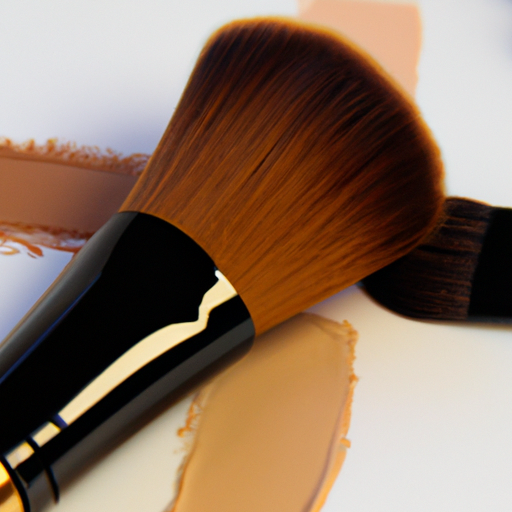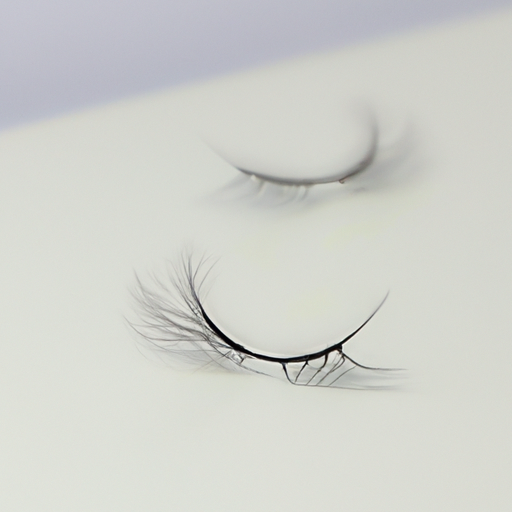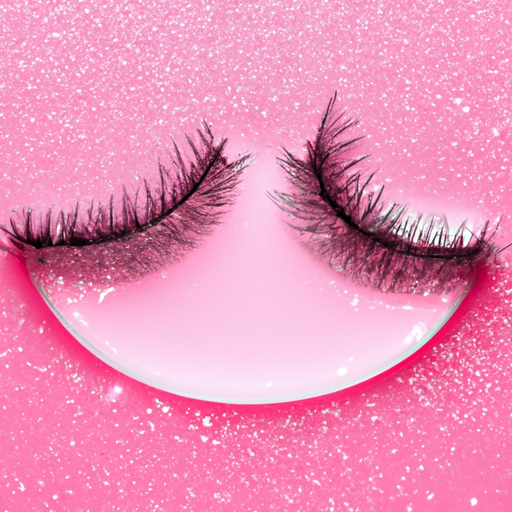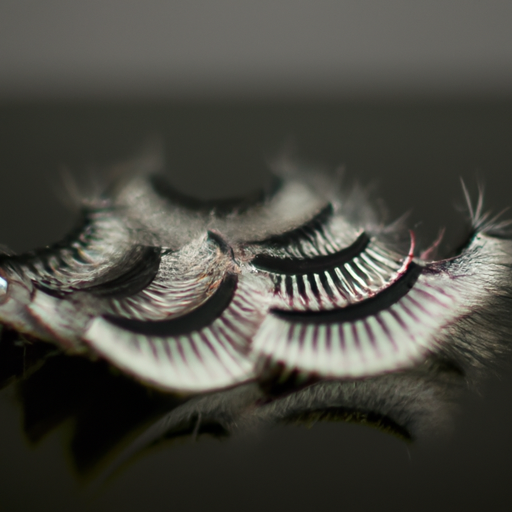Contouring and bronzing are two make-up techniques people use to subtly reshape their face and add dimension to their natural features. They both involve applying lighter and darker shades of makeup, but in different ways. Contouring is more precise and uses darker shades of make-up to create shadows and structure the face, while bronzing is more subtle and uses lighter shades to enhance existing features. Choosing between a lighter or darker contour can be tricky, so let’s take a look at some key factors to consider before making your decision.
Factors to Consider when Deciding between Lighter or Darker Contour
When it comes to finding the right contour and bronzer for your complexion, there are a few important things to keep in mind. Complexion is one of the key factors you must consider, as well as what kind of look you’re aiming for.
If you’re on the hunt for an illuminated look, opting for a lighter contour and bronzer will give you the natural finish you’re after. These products work to bring out the best in your existing facial features, without looking too heavy or cakey. Plus, it’ll blend seamlessly with your existing makeup, allowing you to achieve a more natural-looking overall appearance, which is always ideal.
On the flip side, going darker can really help add dimension to your face and make your features pop. A midnight-hued contour and bronzer can also be much easier to blend – that’s why it’s so popular amongst makeup enthusiasts. You’ll still get all the benefits of a sculpted look, but without the time and effort needed to really blend it into perfection.
Pros of Using a Lighter Contour
If you’re looking to lighten up your look and create an illuminated makeup base, then going with a lighter contour is the way to go. It takes a lot of skill to master, but it’s worth it in the end because it can give your face a glow that looks natural and subtle.
First off, a lighter contour can help you achieve an illuminated complexion. Not only does this make you look refreshed and younger, but it also adds subtle dimension to your face. Plus, when done properly, it enhances all the natural features of your face instead of masking them.
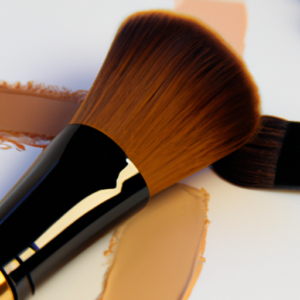
Moreover, a lighter contour makes it easier to achieve a more natural look. So, if you want to keep your makeup look on the low-key side without sacrificing your glam factor, then opting for a lighter shade of contour would be ideal.
Finally, with a lighter contour you don’t have to worry about getting too heavy-handed. With the right product formulation and blending technique, you’ll be able to get the perfect amount of coverage in no time.Though it takes a bit of finesse to pull it off, it’s worth mastering because it adds a fresh finish to your complexion.
Pros of Using a Darker Contour
Ah, the power of a darker contour! Boy-oh-boy, it’s easy to get carried away with how this deep shade can amp up your look. But let’s not forget—it ain’t just about making your face stand out; there are some other pretty tempting benefits when it comes to playing the darker side.
First off, adding a darker hue to certain areas of your face can add serious dimension, instantly bringing your features to life. Picture this: you’re going for a bold evening ‘do, and you want your eyes and cheekbones to pop. Enter, the darkest colour in your contour palette. Create subtle shadows under and around the eyes where you’d naturally see shadow, then blend and blend until they’re perfectly blended into one seamless, face-sculpting masterpiece.
The key here is to make sure you blend, blend and blend some more, as that’ll help ensure your look isn’t too heavy or unnatural. Fortunately, dark shades tend to be easier to blend than lighter ones, making them a great option for creating depth without having to put in too much effort. Ain’t that sweet?
Yup, dark contours can really give your features that extra boost, but here’s the thing—you have to know how to use them. When working with deeper hues, I recommend lightly building up your colour until you reach the desired intensity, as it’s much easier (and less time-consuming) to gradually build up than it is to take away, especially when it comes to contouring. That way, you won’t run the risk of ending up with an overly overdone look.
Conclusion: Making the Right Choice Between Lighter or Darker Contour
Well, if you’ve made it this far, you should now have a handle on what to consider when choosing between lighter or darker contour. It’s imperative that you get it right, not least because it can be a real game changer for your look, especially for special occasions.
The key is to find the balance: too light and you may get washed out; too dark and you may end up looking like a washed-up KISS tribute band member! Ultimately, the decision will come down to what works best for your complexion and desired look.
Take the time to experiment with different shades and remember to read the product listings carefully, so that you know exactly what kind of formulation you’re investing in. You’ll thank yourself later—trust me.
Good luck and happy enhancing!
FAQ on Contour Bronzer
What color should contour and bronzer be?
When it comes to contour and bronzer, I always say one thing: it’s all about balance. To achieve a flattering look, you need to find the perfect balance between the two. Contour should generally be a few shades darker than your bronzer, as this can create a more sculpted, defined look. On the other hand, if you use a bronzer that’s too light, it can make your face look washed out and unstructured. The key is to use colors that complement each other. A good rule of thumb is to choose a shade that is two or three shades darker than your bronzer. This will create a natural, sun-kissed look with just a hint of definition.
Should your contour be darker than you?
Well, it really depends on the look you’re going for, but generally speaking, contouring should always be a few shades darker than your skin tone. That’s not to say that bronzer can’t be used for contouring – it can, but the contour should be more noticeably darker than the bronzer. For example, if you’re using a powder bronzer with a bit of shimmer in it, you might want to use a matte contour powder that’s a bit darker. This will give you an overall better and more natural-looking effect.
Another thing to keep in mind is that your contour should also depend on the time of day. During the day, you can go for a more subtle look, but if you’re going out at night, you might want to go for a more intense look. The same goes for any special occasion. If you’re attending a wedding or some sort of formal event, then a bolder contour will be more appropriate.
Overall, when it comes to contouring, it’s important to make sure that your contour is the right shade for you. That way, you can create a perfectly sculpted and defined look that will last all night long.
Is your contour supposed to be lighter?
When it comes to contour, it really depends on the look you’re going for. Generally, you want your contour to be a few shades darker than your natural skin tone and your bronzer to be a few shades lighter. That being said, you can use a bronzer that is much darker than your natural skin tone if you want to add some extra definition and shape to your face, but it should still be lighter than your contour. It all comes down to what look you’re after and how high you want the contrast to be. Just remember, a little goes a long way!
